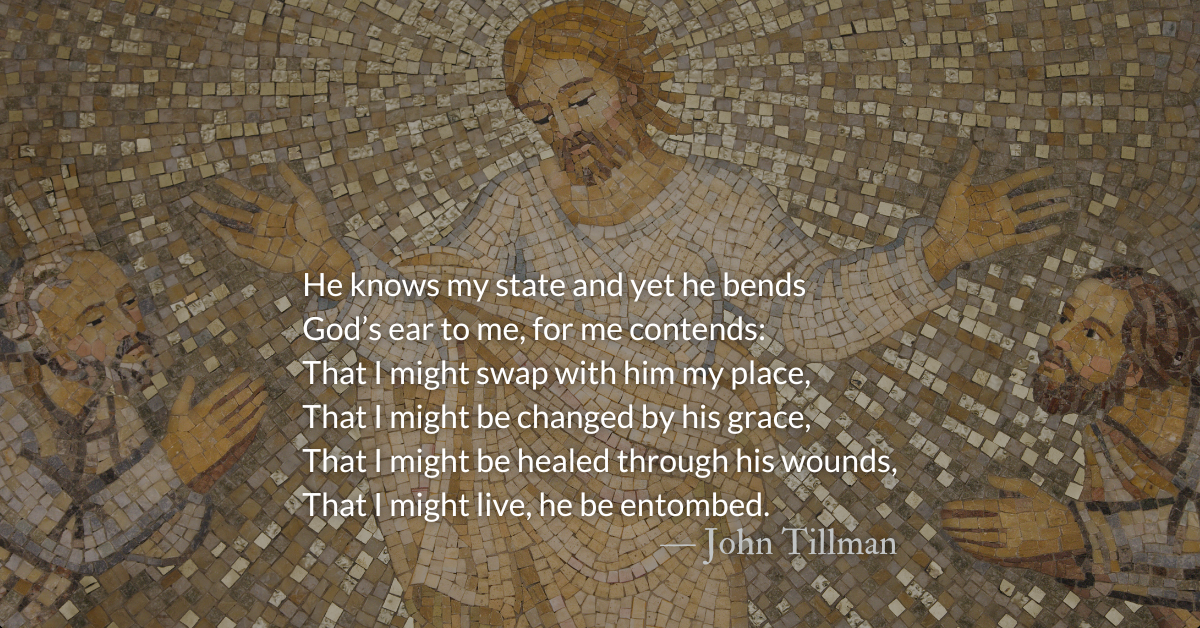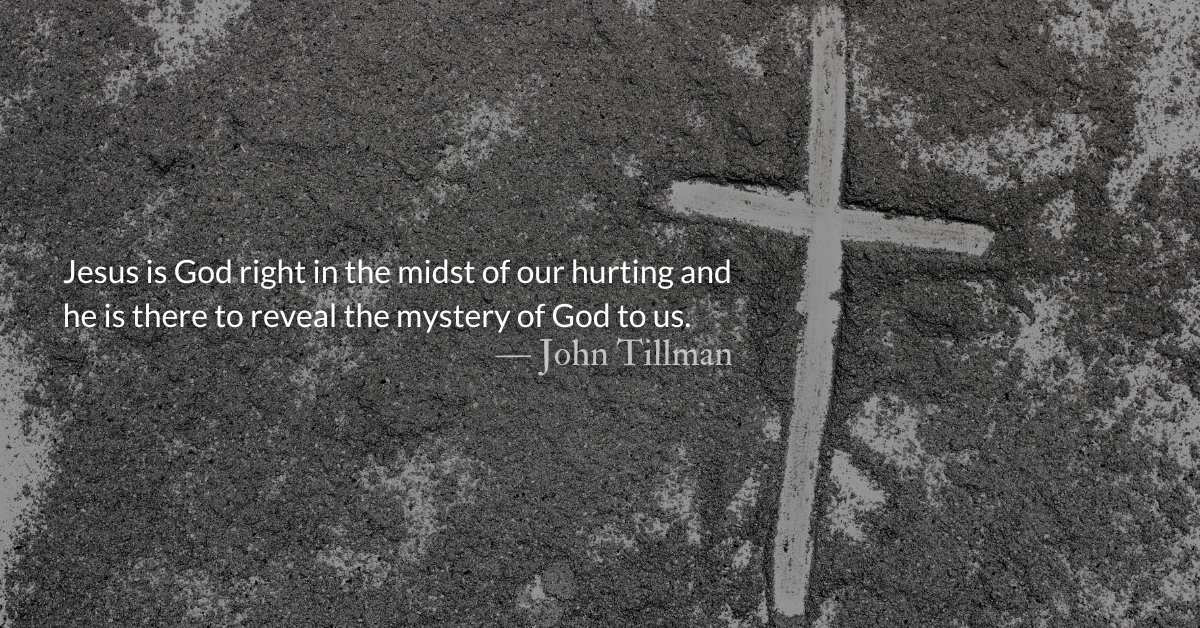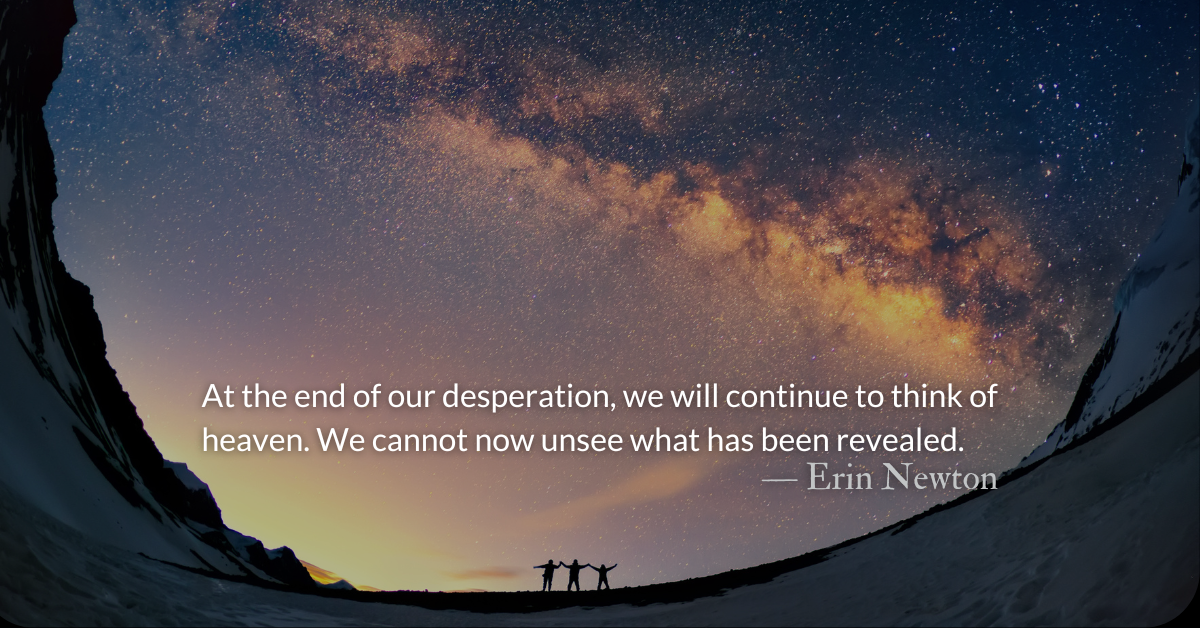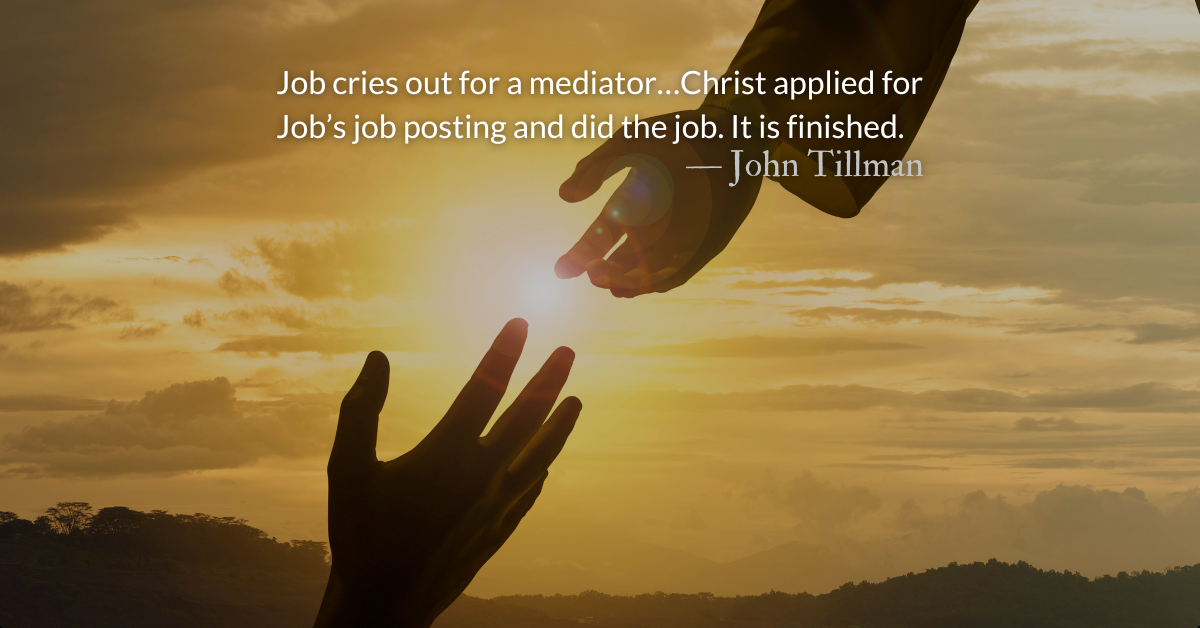Scripture Focus: Job 18:1-2
1 Then Bildad the Shuhite replied:
2 “When will you end these speeches?
Be sensible, and then we can talk.
Reflection: Tense Conversations
By Erin Newton
“Tension” is a good word for the dialogues between Job and his friends. Their relationship is strained. The friends accuse Job of evil despite his pleas to the contrary and our privileged view from the prologue. There is anxiety as the friends (and reader) wait to see if Job really will curse God. Tension abounds.
The greatest tension in the book is the conflict between how each person views the world. The friends, Bildad especially, see the universe operating within a system of divine retribution. God punishes the wicked. This is true. Job, however, knows his innocence. God hears the pleas of the righteous. This is also true.
The discomforting questions remain: Why is Job suffering if he is not evil? Why is God silent if Job is innocent?
As the dialogue is tossed back and forth, Bildad’s reply sounds like someone who is frustrated. I imagine a little huffing and rolling of eyes. The Message translates the verse in similar manner, “How monotonous these word games are getting! Get serious! We need to get down to business.” The New Living translation echoes this sentiment, “How long before you stop talking? Speak sense if you want us to answer!”
Bildad requires some level of sensibility (NIV, NLT) or seriousness (MSG) before the conversation can continue. He asks for a solution to the tension of worldviews. “Agree with me,” captures the sense of his words.
We are quick to criticize Bildad for demanding Job to come to some mental, emotional, or spiritual sensibility. We scoff at his lack of empathy and blindness to Job’s pain. He should be sensitive and give good counsel.
The tension sets in—he’s not wrong in his view of retribution, but we know this is not the right situation for it.
Are we so different from Bildad? We often want someone to grasp this great truth about God so their pain can be eased. We hope some baptized platitudes will ease the burden our friends are carrying. Suffering is not so simple.
Tension marks Job’s painful dialogue with friends. Tension describes the reality that God will punish evil and that the innocent do endure suffering.
Tension resides in our inward struggle to understand the mystery of pain. Tension must be confronted when we sit with our friends in their senseless grief. To live our lives according to Job is to sit within the tension of suffering and justice.
Divine Hours Prayer: The Request for Presence
Save me, O God, by your Name; in your might, defend my cause.
Hear my prayer, O God; give ear to the words of my mouth. — Psalm 54.1-2
– From The Divine Hours: Prayers for Summertime by Phyllis Tickle.
Today’s Readings
Job 18 (Listen 1:54)
John 17 (Listen 3:40)
Read more about Principles, Promises, and Presence
The problem with Job’s friends is not the content but the application…the wisdom is misapplied to try to “fix” Job through shame and blame.
Read more about Supporting Our Work
Our work is free to read but costs time and money to make. Please consider becoming a donor. Help bring biblical devotionals to inboxes across the world.











